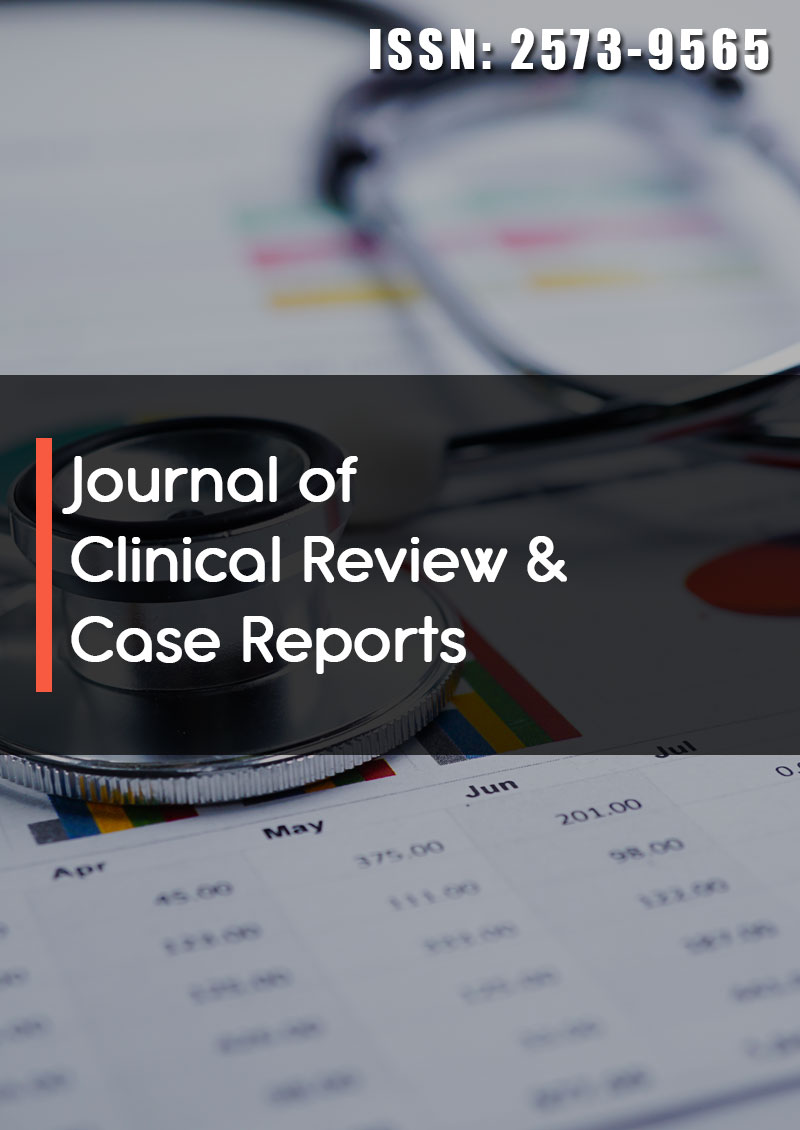ADHD-Relevant Motor and Cognitive Effects of a Fixed-Dose Combination of Caffeine, Gingko Biloba and ?-Phenethylamine (PEA)
Abstract
Michael Krakovsky, Dalia Shabashov, Yoram Sela, Morris Zelkha and Itschak Lamensdorf
Background: The aim of the study was to evaluate Cogniben, a fixed-dose combination of caffeine, Ginkgo-biloba and β-Phenylethylamine (PEA) as a potential therapeutic option for attention deficit hyperactivity disorder.
Methods: Cogniben-treated mice were tested with the open-field test, object-recognition test, passive avoidance test and activity wheel test. In vitro, the effect of Cogniben and its constituents on release of NO from cultured murine macrophages was assessed. Finally, patients with ADHD were treated with Cogniben and the effect on ADHD Rating Scale-IV and clinical global impression was evaluated.
Results: Cogniben exhibited stimulant-like activity, as exhibited by both the open-field test and the activity wheel test. Treatment with Cogniben had positive effects of reducing anxiety and enhancing learning and memory in mice. In-vitro, the Cogniben combination reduced LPS-induced NO release from macrophages, to a similar extent to that of Dexamethazone. In the clinical evaluation, a 43% change from baseline was observed in the ADHD-RS-IV and a 34% reduction in severity from baseline was observed in the CGI-S following treatment with Cogniben.
Conclusion: Together, the beneficial effects of the Cogniben combination, suggest that it may be a valuable treatment for ADHD.



